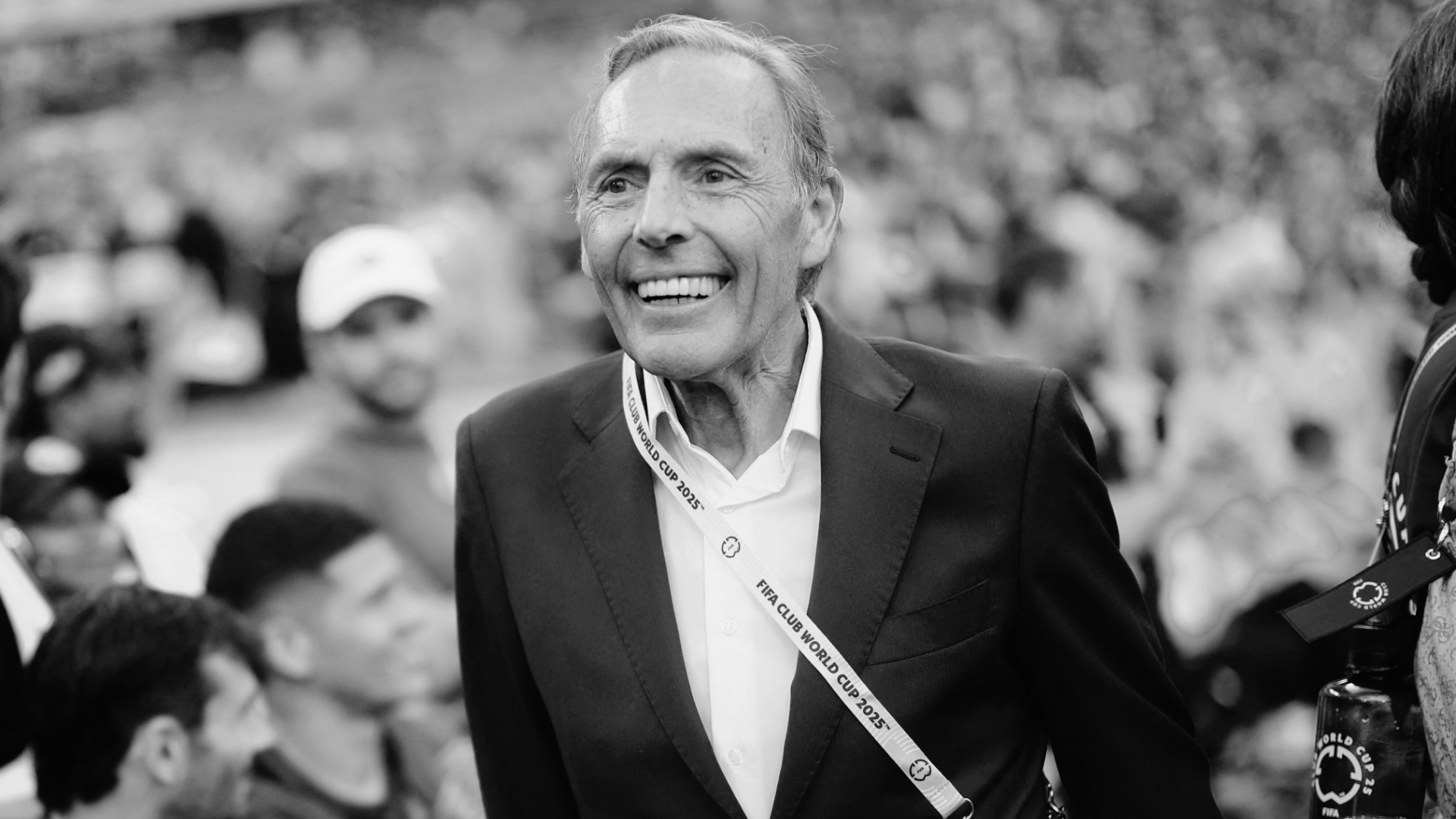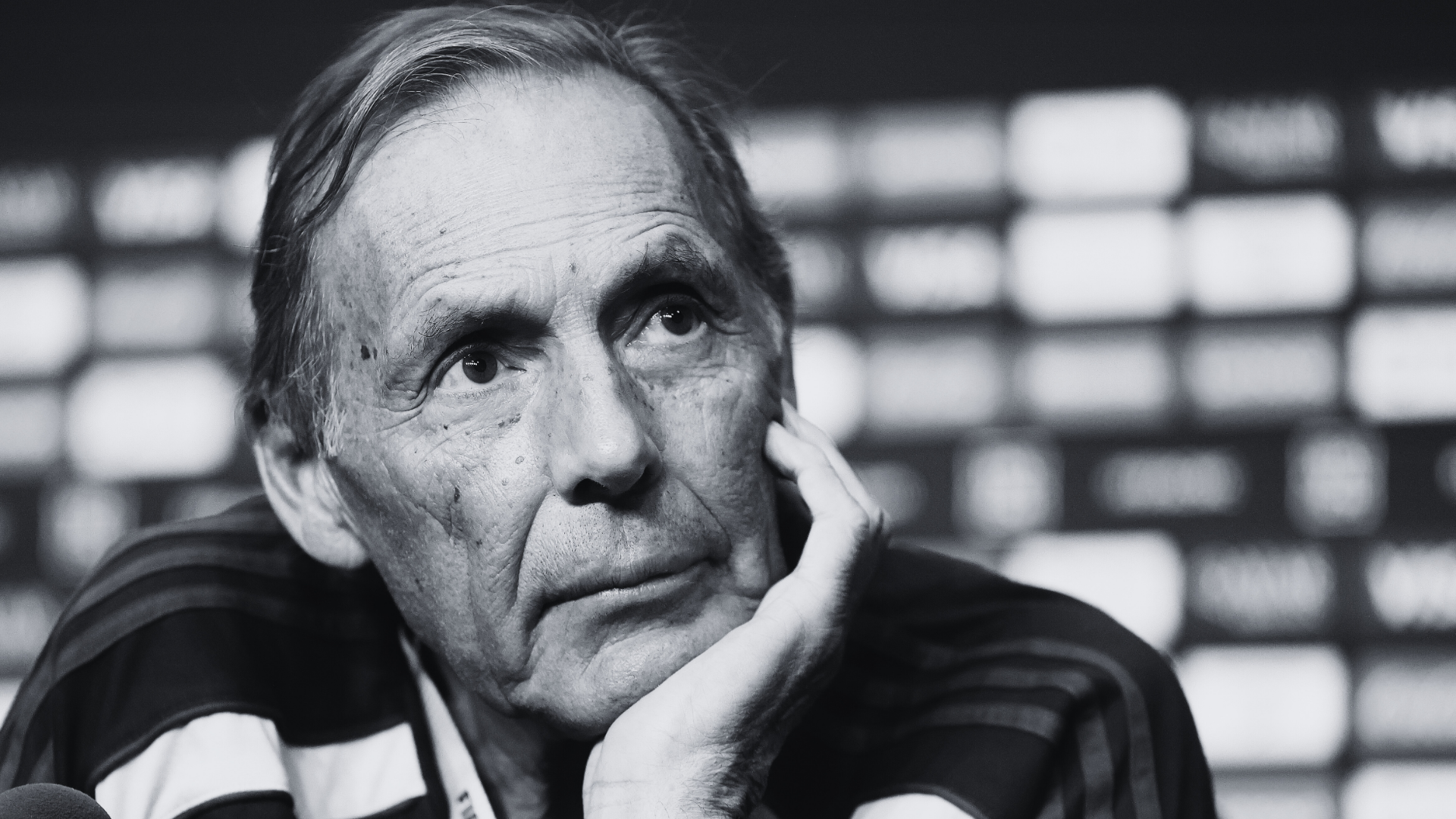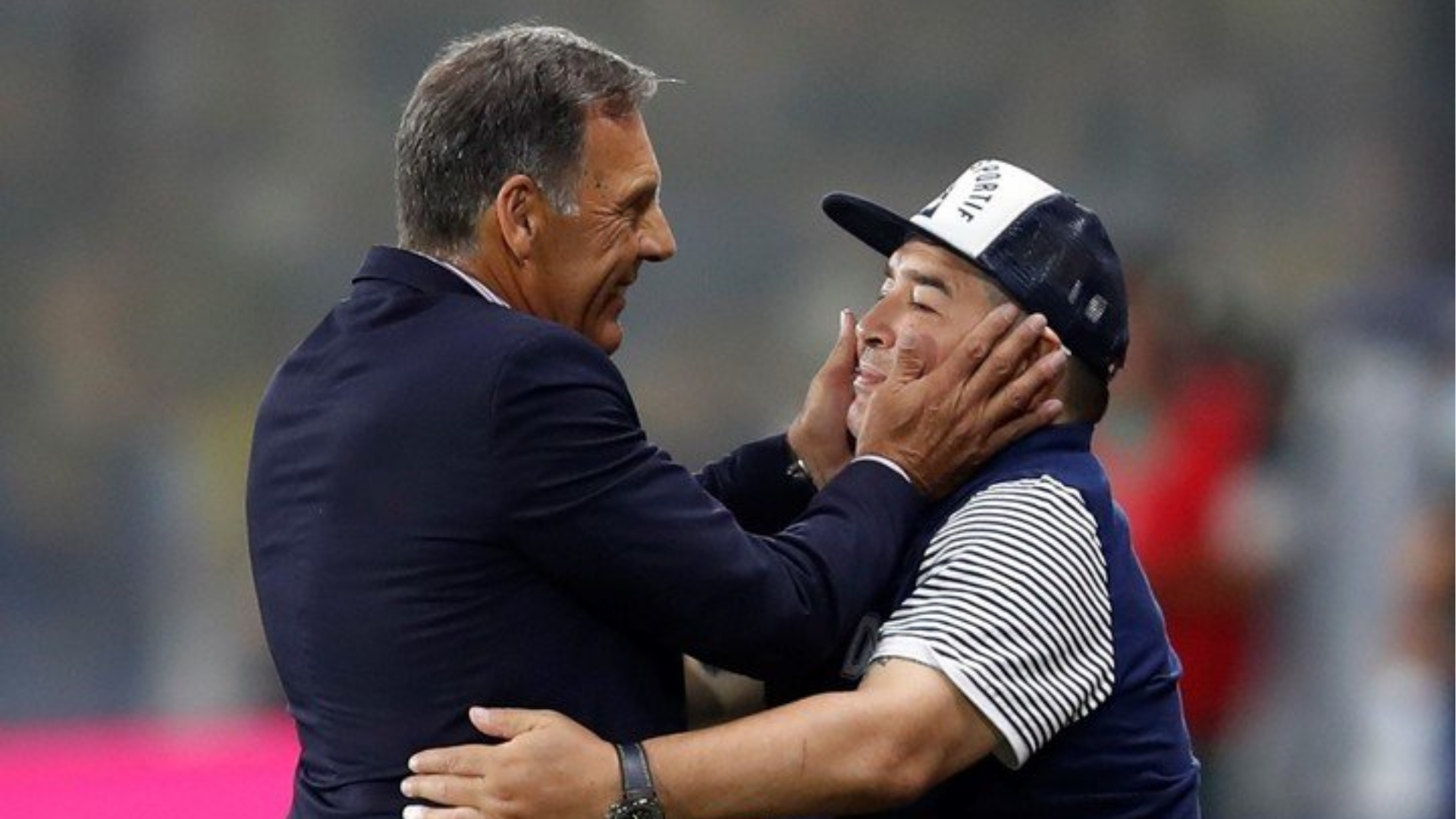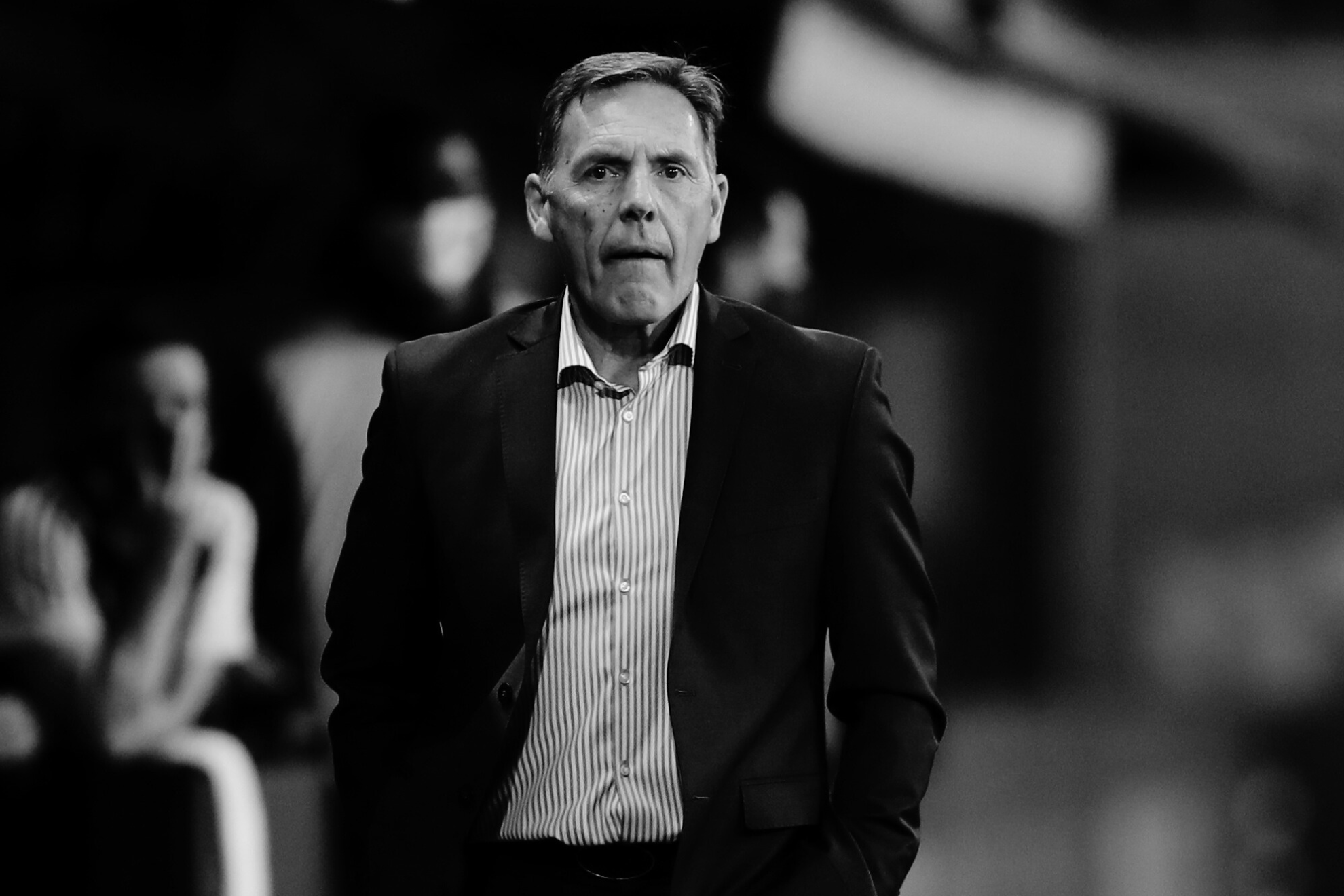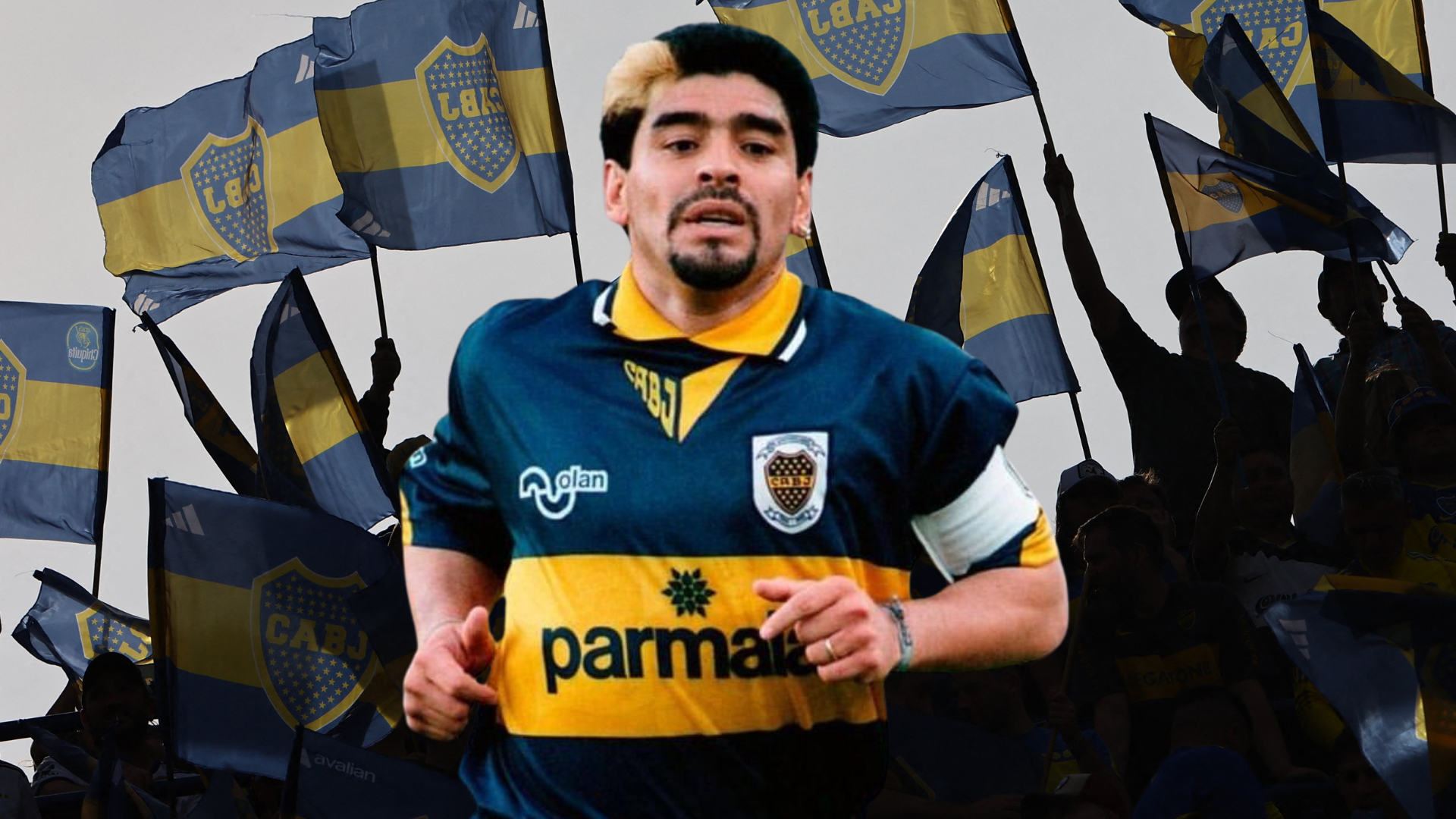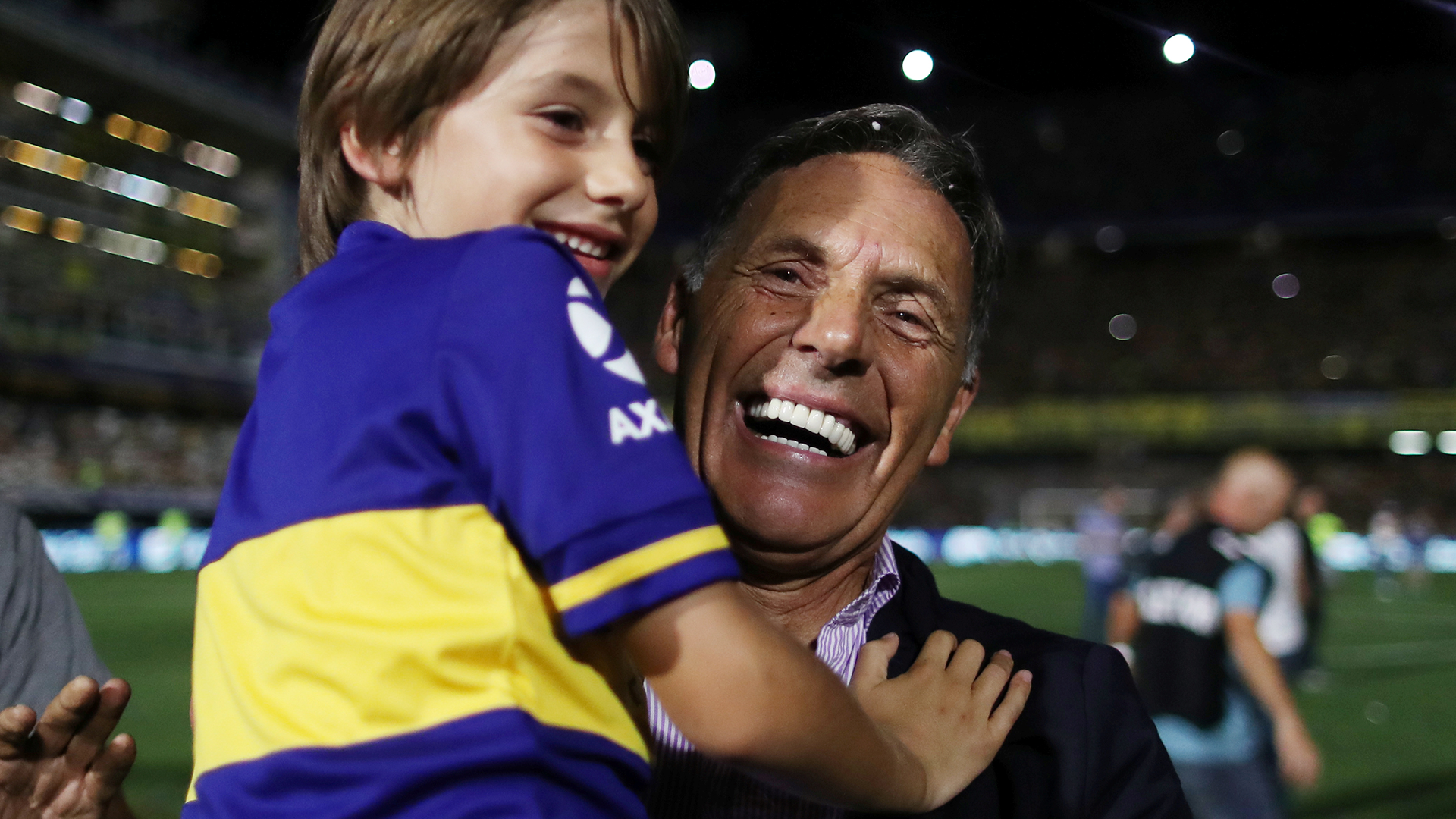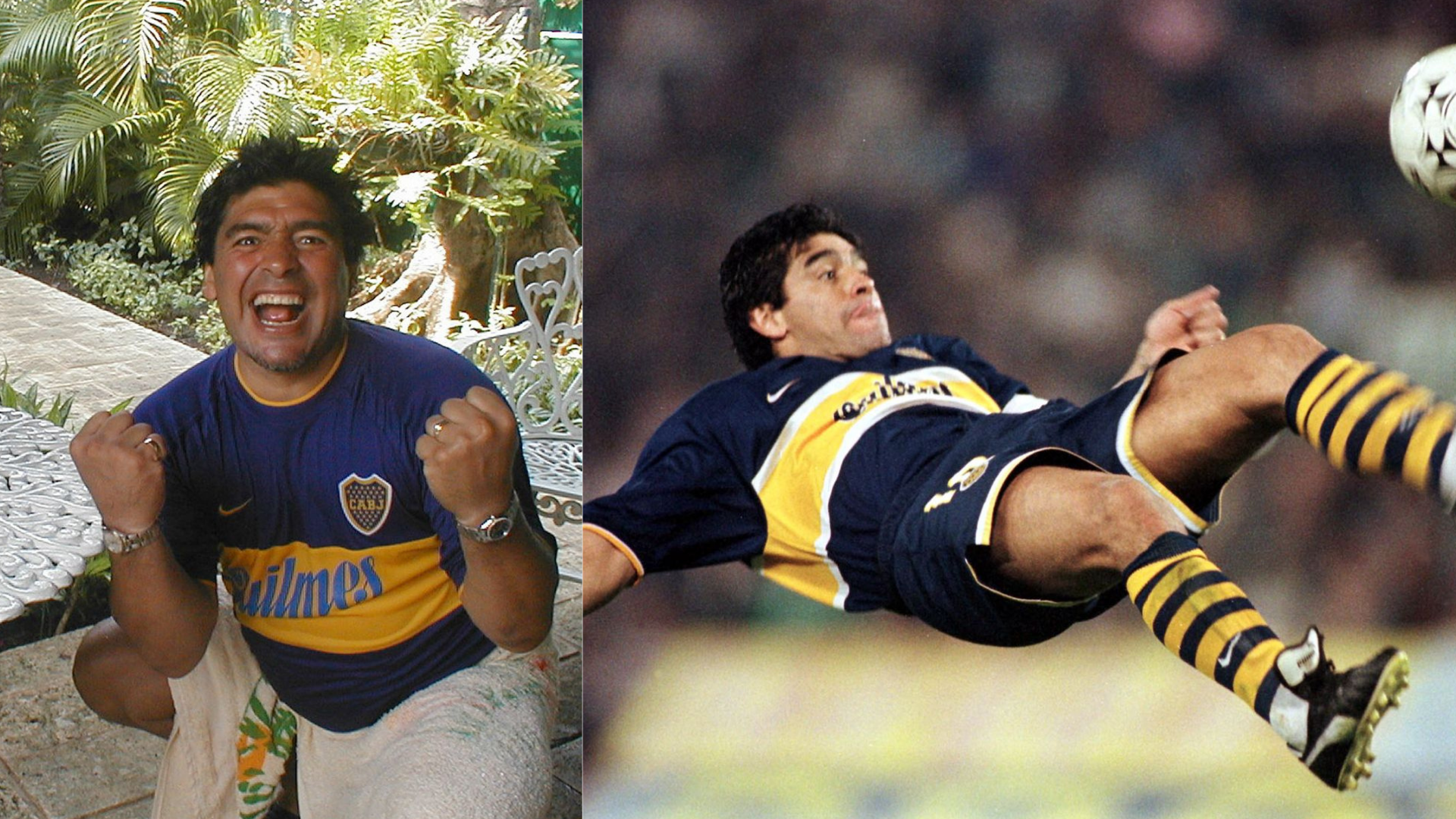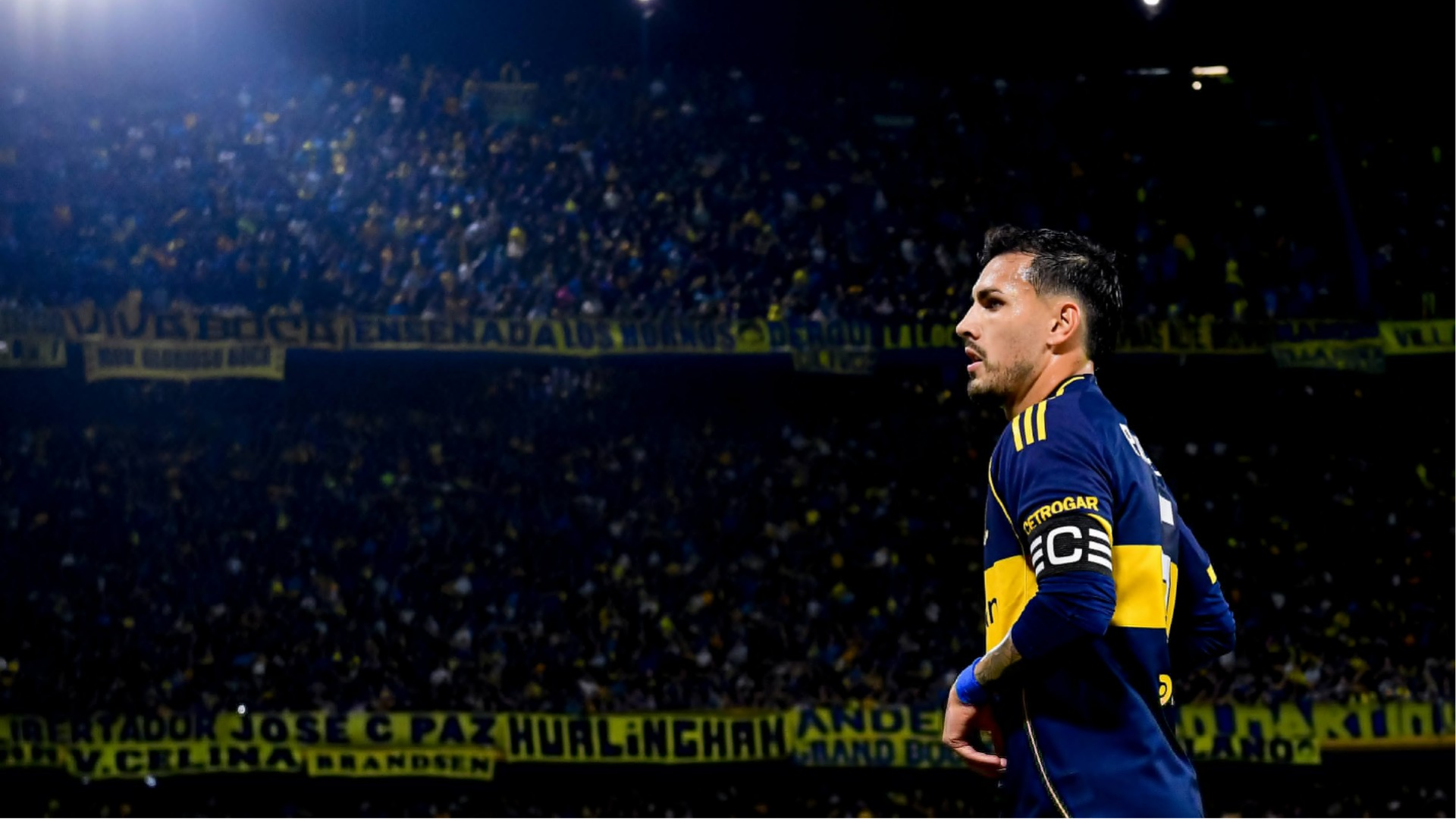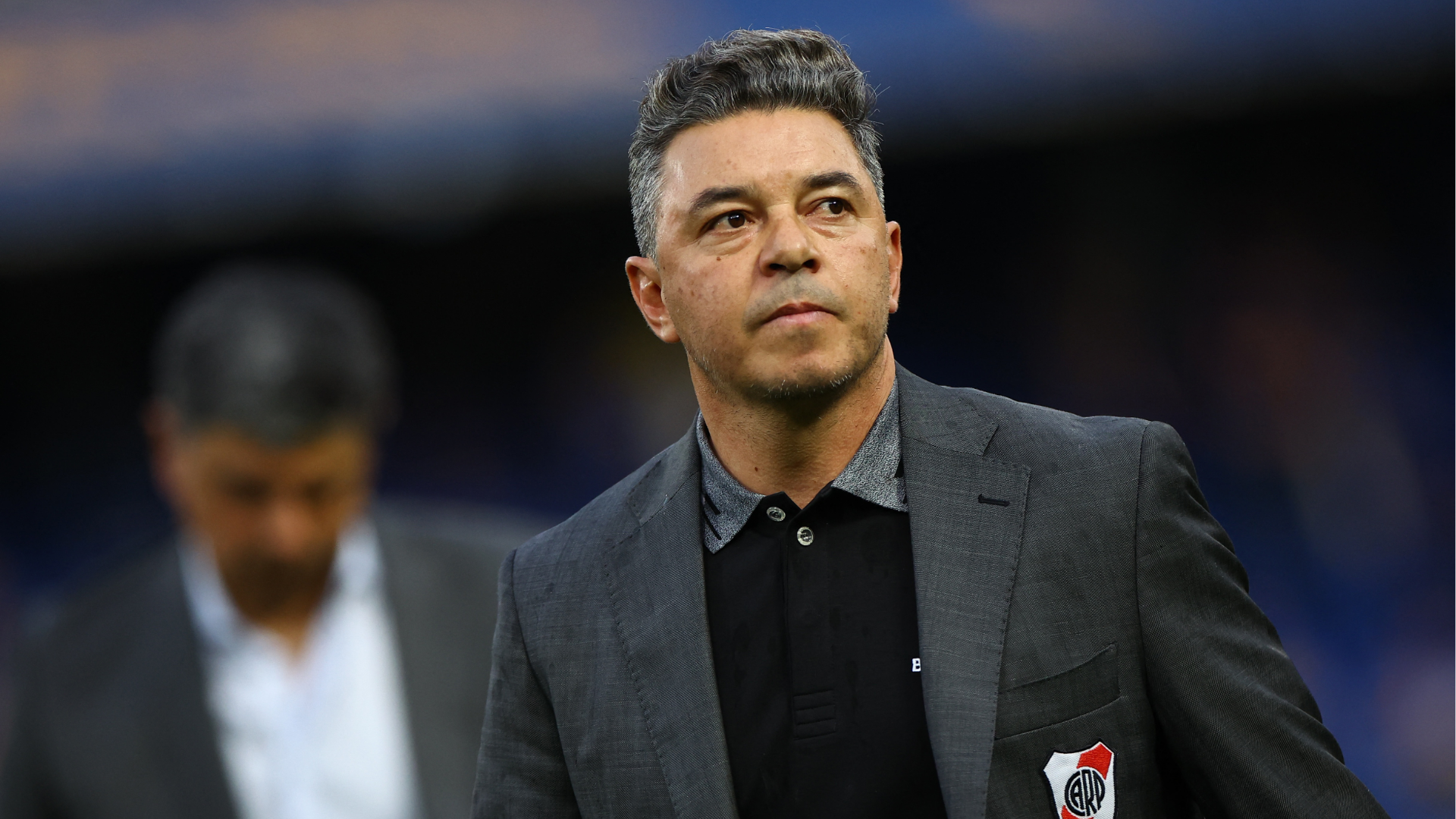- Home >
- Soccer >
- Liga Profesional Argentina >
- Miguel Ángel Russo, Boca Juniors Coach and Argentine Football Legend, Dies at 69
Miguel Ángel Russo, Boca Juniors Coach and Argentine Football Legend, Dies at 69
Argentine football is in mourning. Miguel Ángel Russo, current Boca Juniors manager and one of the most respected figures in South American football, has died at the age of 69 after a long battle with cancer.
Russo’s passing marks the end of a 50-year journey devoted entirely to the sport — first as a player, then as a coach. Beyond his trophies, he was remembered for his leadership, humility, and unwavering passion for the game.
Who Was Miguel Ángel Russo?
Born in Buenos Aires in 1956, Russo built an extensive managerial career beginning in the early 1980s. He led clubs such as Lanús, Estudiantes de La Plata, Vélez Sarsfield, Rosario Central, Millonarios, and Boca Juniors, leaving an enduring mark everywhere he went.
Throughout his career, he won seven official titles, including the 2007 Copa Libertadores with Boca Juniors — the club’s last continental triumph to date. He also guided Lanús, Estudiantes, and Rosario Central to promotion, cementing his reputation as a coach capable of rebuilding and elevating teams.
A Life of Fight and Resilience
Russo’s story was one of constant perseverance. Since 2017, he had been battling prostate cancer, later complicated by a bladder condition. Despite numerous treatments and setbacks, he never lost his fighting spirit or his commitment to football.
In recent months, he had taken a medical leave of absence from Boca Juniors, stepping away from the sidelines in late September to focus on his recovery. News of his death spread quickly across Argentina, sparking an outpouring of tributes and condolences from players, clubs, and fans.
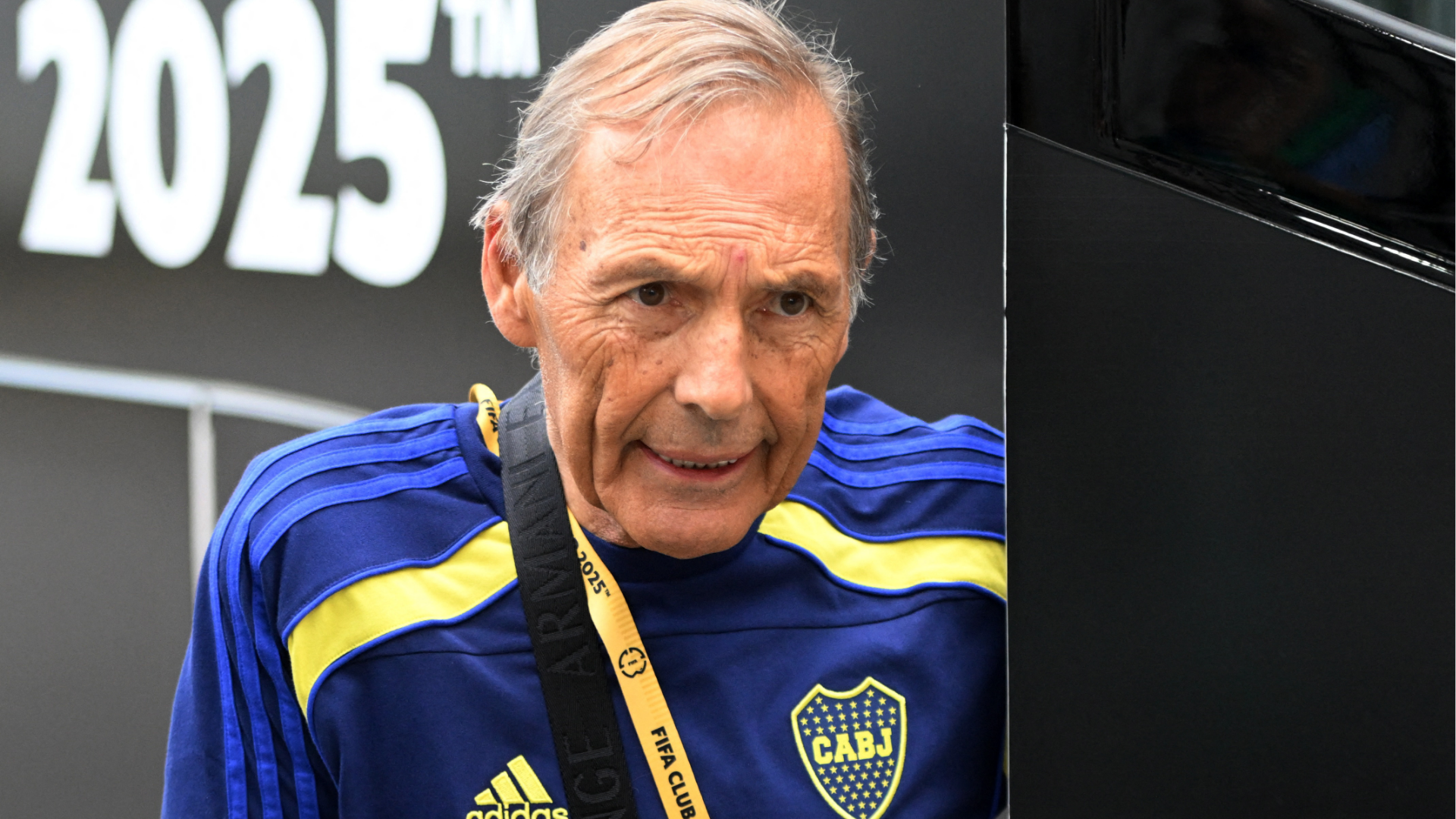
His Final Chapter at Boca Juniors
Russo returned to Boca Juniors in June 2025 for his third spell in charge of the club. During that time, he led the team through the 2025 FIFA Club World Cup, where Boca competed with pride against continental champions from around the globe.
Even amid declining health, he remained active for much of the tournament, demonstrating once again his deep love and loyalty for Boca — the club that defined much of his career.
Miguel Ángel Russo leaves behind a monumental legacy — as a strategist, mentor, and symbol of perseverance. His influence stretched beyond Argentina, shaping generations of players and coaches throughout South America.











